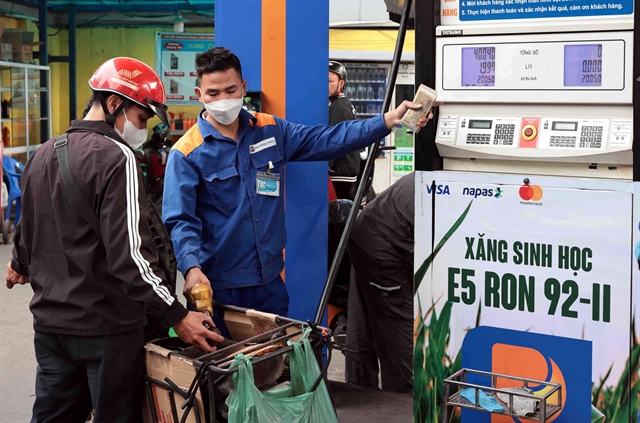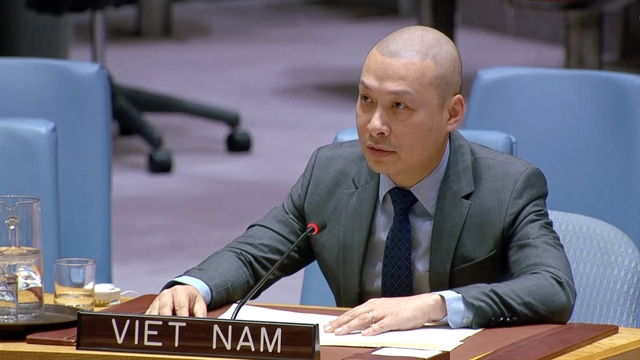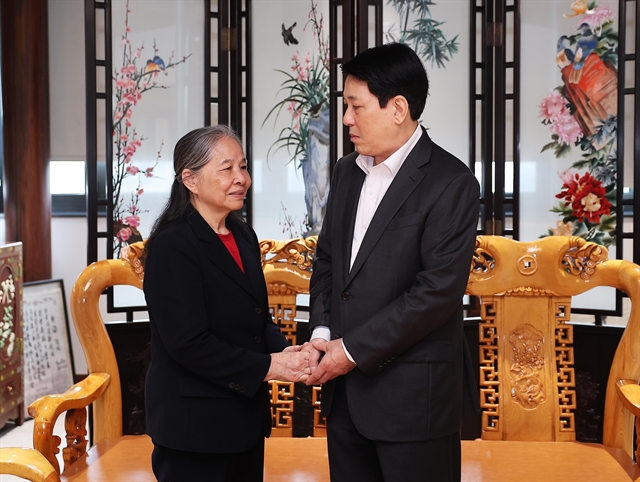 Economy
Economy

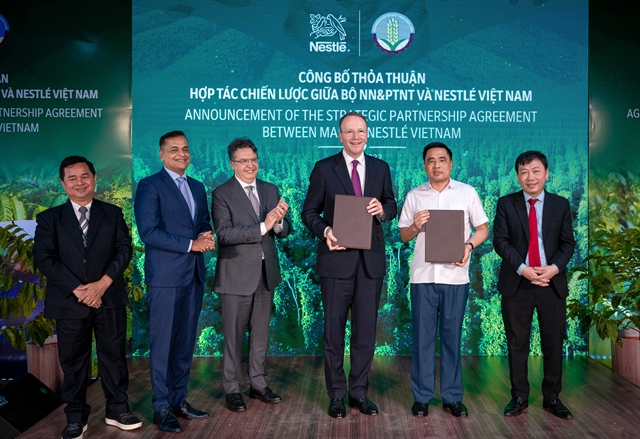
|
| MARD’s Deputy Minister Nguyễn Quốc Trị (second from right) and Mark Schneider, Chief Executive of Nestlé S.A (third from right) at the signing ceremony. — Photo courtesy of Nestle Vietnam |
ĐỒNG NAI — Nestlé Vietnam on Tuesday signed an agreement with the Vietnamese Ministry of Agriculture and Rural Development (MARD) to support the country’s transition to regenerative and low-emission agriculture.
The new, three-year partnership will help the country move to sustainable agriculture and achieve its 2050 net zero target.
The partnership’s initiatives and activities will be implemented through the Partnership for Sustainable Agriculture in Việt Nam (PSAV), currently chaired by MARD and co-chaired by Nestlé Vietnam.
Within the framework of the collaboration, Nestlé Vietnam will work with MARD to share and advance regenerative farming practices among coffee farmers. These practices will help reduce CO2 emissions and improve the resilience of farms to climate change. The company will share technology, research, and digital capabilities with MARD and directly with farmers, and it will further enhance multi-stakeholder cooperation in the sector.
The agreement was exchanged during an official meeting between MARD’s Deputy Minister Nguyễn Quốc Trị and Mark Schneider, Chief Executive of Nestlé S.A.
“We want to transition to ecological and low-emission agriculture to help Việt Nam achieve its net zero goal,” said Trị. “Strengthening the public-private partnership with businesses that are at the forefront of sustainability will contribute to more sustainable and climate-resilient agriculture in Việt Nam.”
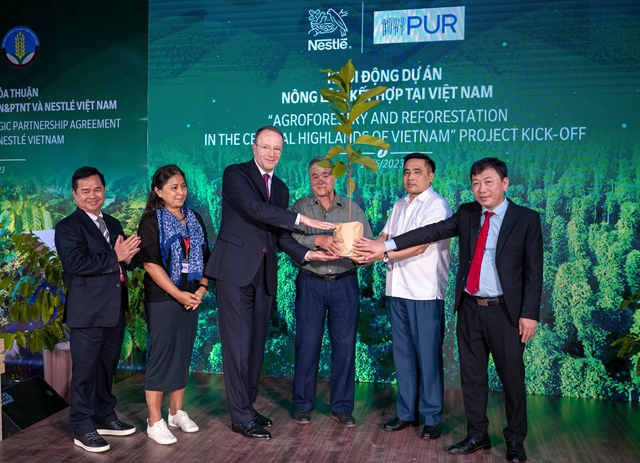
|
| Mark Schneider (third from left) gave a tree to a farrmer at the ceremony to kick off an agroforestry and reforestation project. — Photo courtesy of Nestle Vietnam |
As part of the meeting, Mark Schneider and Deputy Minister Trị kicked off an agroforestry and reforestation project in the Central Highlands of Việt Nam. The project aims to plant and grow over 2.3 million forest and fruit trees on coffee farms in the Central Highlands by 2027. It is estimated that these trees will sequester 480,000 tonnes of CO2 over a 5-year period.
This initiative will help provide additional and more stable incomes to farmers and improve coffee farms’ conditions in the long term. It will make farms more resistant to pests as well as to climatic hazards, including droughts and heavy rains, and will improve soil quality and biodiversity.
“Agriculture within our supply chains accounts for more than two-thirds of our total greenhouse gas emissions,” said Mark Schneider. “As one of our key coffee sourcing origins, Việt Nam is a major priority for us. We are committed to helping coffee farmers in the country transition to regenerative agriculture to improve livelihoods and address climate change through our Nescafé Plan. We are also working to restore Việt Nam’s forests and natural ecosystems.”
Nestlé aims to plant 200 million trees within its sourcing landscapes globally by 2030. The company’s reforestation program is a key part of its Net Zero Roadmap. — VNS

